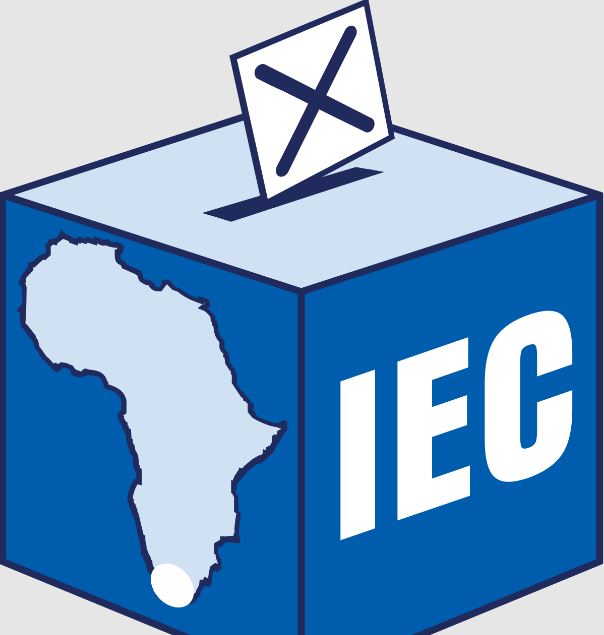The Electoral Commission (IEC) is an autonomous and impartial body created under Chapter 9 of the South African Constitution to uphold constitutional democracy. Tasked with overseeing national, provincial, and municipal elections, the Commission ensures that these electoral processes are conducted in a manner that is transparent, fair, and trustworthy. This commitment to fairness is achieved through active engagement with citizens, political entities, and civil society organizations.
What Does IEC Stand For In South Africa?
IEC stands for the “Independent Electoral Commission” in South Africa.
What You Need To Know About The Independent Electoral Commission (IEC) Of South Africa
The Electoral Commission (IEC) of South Africa, mandated by the country’s Constitution, operates as an independent entity overseeing the electoral process. Its primary role involves managing elections for various legislative bodies and institutions, fostering citizen participation, engaging political parties, and collaborating with civil society.
Key responsibilities of the IEC include: organizing elections for national, provincial, and municipal legislative bodies; ensuring the fairness and integrity of electoral processes; announcing election results; and maintaining a comprehensive national voters’ roll.
The Commission is tasked with guaranteeing the freedom and fairness of elections, cultivating an environment conducive to democratic processes, maintaining a register of political parties, fostering collaboration with political entities, conducting electoral research, advancing electoral expertise and technology across government levels, reviewing electoral legislation, promoting voter education, issuing election results within a seven-day timeframe, and appointing appropriate officials to administer elections when necessary.
What Does The IEC Do?
- The Independent Electoral Commission (IEC) oversees national, provincial, and municipal elections, as well as referendums.
- It ensures the integrity and fairness of elections.
- Election results are announced within seven days by the IEC.
- The IEC maintains and updates the national common voters’ roll.
What Are The Functions Of The IEC?
The functions of the IEC include:
- Promoting conditions for free and fair elections
- Compiling and updating the national common voters’ roll
- Compiling and updating the register of political parties
- Administering elections
- Promoting knowledge of electoral voter processes
- Collaborating with key stakeholders
- Reviewing election-related legislation
- Educating voters
What Is The Structure Of The IEC?
The structure of the IEC consists of:
- A five-member Commission headed by a judge.
- Commissioners are appointed by the President of South Africa for seven years, with the possibility of one renewal.
- The Commission appoints a Chief Electoral Officer, who heads the administration and serves as the accounting officer. The Chief Electoral Officer is responsible for appointing employees.
IEC Contact Details
| Postal | Private Bag X112, Centurion, 0046 |
|---|---|
| Physical | Election House, Riverside Office Park, 1303 Heuwel Avenue, Centurion, Pretoria |
| Tel | 012 622 5700 \ 0800 11 8000 |
| Web | www.elections.org.za |
